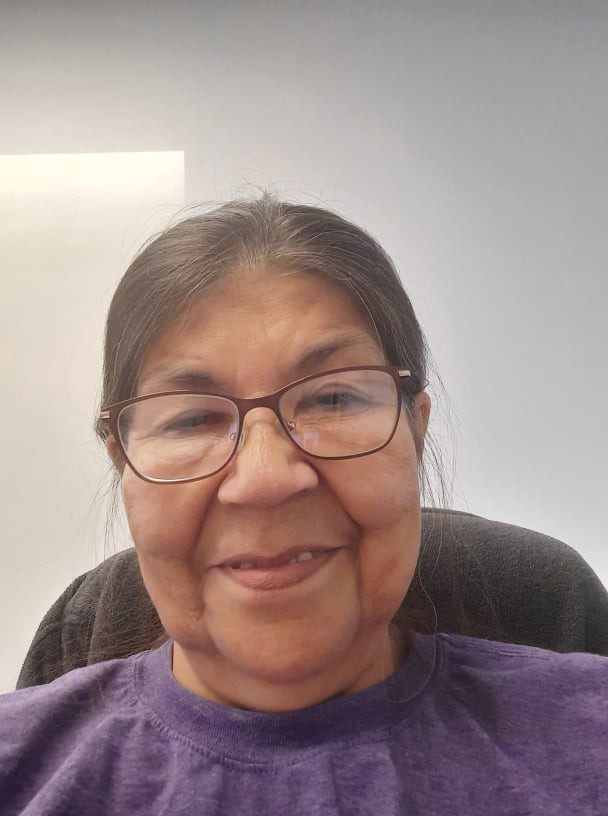Revitalizing Indigenous languages and preserving cultures
New BA Indigeous Languages program a step toward reIndigenization
Elder Sharon Pelletier believes cultural immersion is important when learning Indigenous languages.
This program is the first of its kind to be offered at a Manitoba post-secondary institution and will provide students with the skills to speak, analyze, educate and advocate for Indigenous language revitalization strategies, specifically in Cree and Ojibwe, with plans to add more local Indigenous languages in the coming years.
The introduction of this program helps achieve one of the Truth and Reconciliation Commission of Canada calls to action, which calls on “post-secondary institutions to create university and college degree and diploma programs in Aboriginal languages.”
The integration and accessibility of Indigenous languages in Canada has been in legal discussions for many years, as Canada’s national bilingualism removes Indigenous languages from many classrooms and communities, resulting in further loss of Indigenous languages.
Dr. Lorena Fontaine, an Indigenous academic lead and associate professor at the U of W, says most students who enroll in Indigenous language courses are second-language learners.
“Part of that is due to Canada’s assimilation policy and the residential schools that targeted our language and culture,” Fontaine says.
“Both my parents and their parents were in residential schools,” Elder Sharon Pelletier says in an email to The Uniter. “My parents chose not to speak Cree around us to protect us from being punished in school for speaking our language.”
Pelletier is a part of the U of W Elders in Residence program, which offers counselling and guidance to students, staff and faculty. She is also the executive director of the
Manitoba Indian Education Association.
“I believe if one is learning the language, they must be immersed in the culture of that language to learn the holistic meanings and values of that language,” Pelletier says. “I was told that a name is not simply telling what that name means. It is seeing in one’s mind’s eye what that name looks like, smells like, feels like.”
As with any language or dialect, Indigenous languages speak to how one experiences the world around them.
“Our language comes from the land,” Fontaine says. “Our teachings are embedded in a lot of the oral stories that we have. (These stories) haven’t been told for a number of years, and there are concepts that talk about who we are as Indigenous people ... it has our historical, cultural, legal and political knowledge all embedded in the language.”
Learning Indigenous languages is about more than words. It’s also about the preservation of a culture, the sharing of stories and histories and the development of a deeper connection to the Creator and the community.
“Language helps (people) to understand, but it is up to the people to want to gain deeper mean(ing) by attending the ceremonies, teachings and immersing themselves in the traditional ways of the people. Only then can one gain a deeper understanding,” Pelletier says.
Fontaine also highlights the work of Nunavut Tunngavik Incorporated, an organization working to hold the federal government accountable for the Nunavut Agreement and preserve the Inuktut language through the Inukt Education Innovation Fund.
Published in Volume 76, Number 09 of The Uniter (November 12, 2021)






